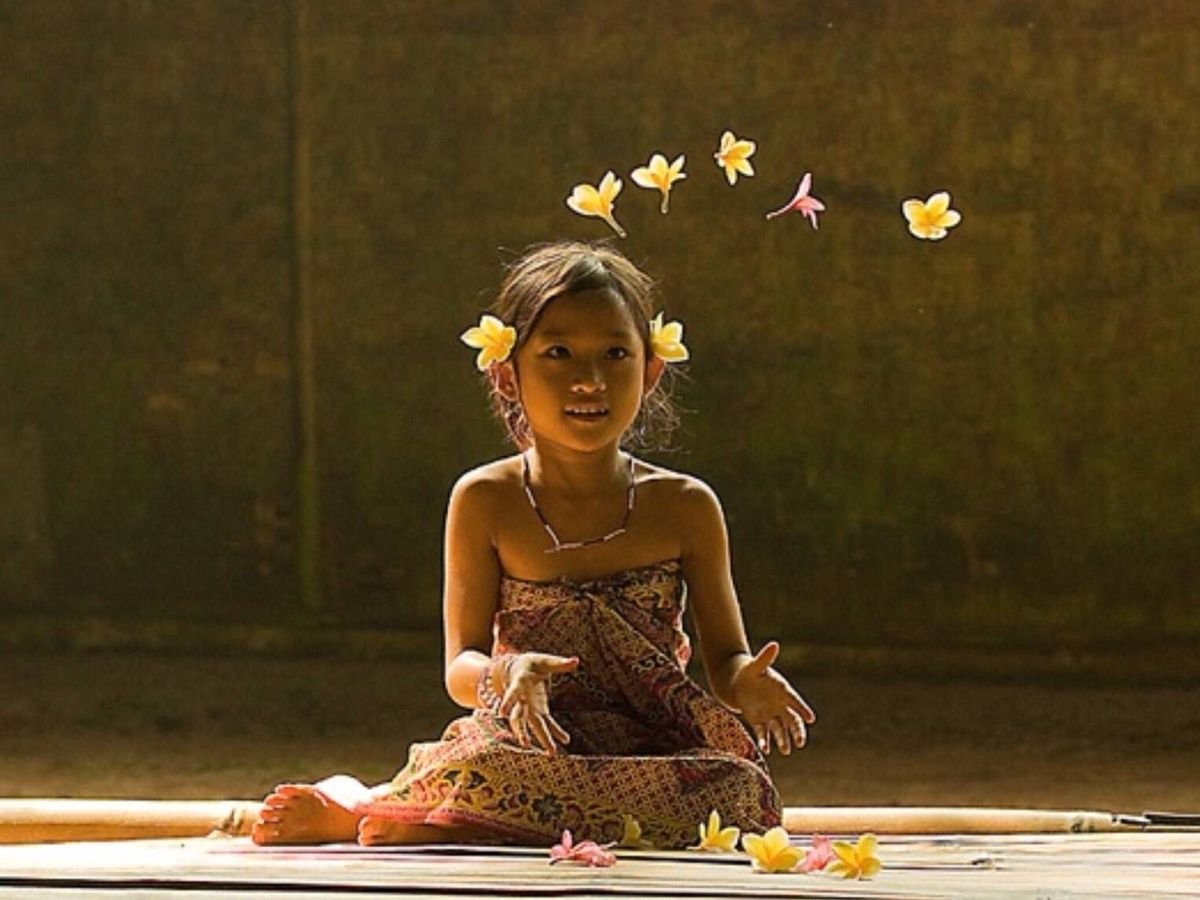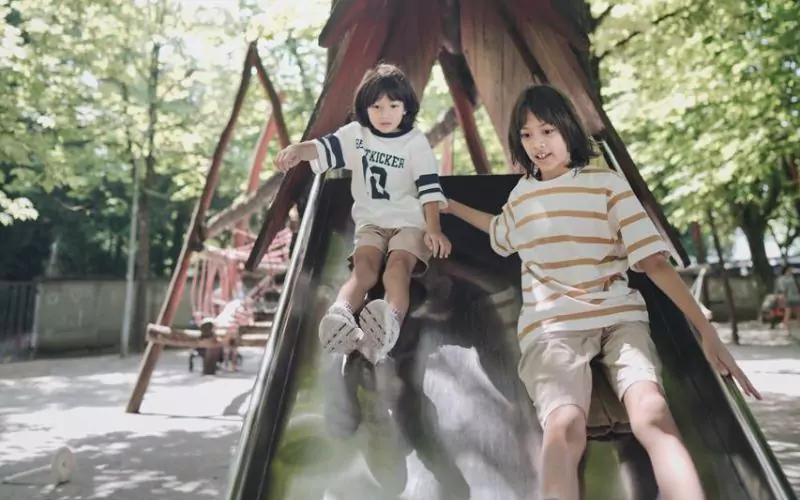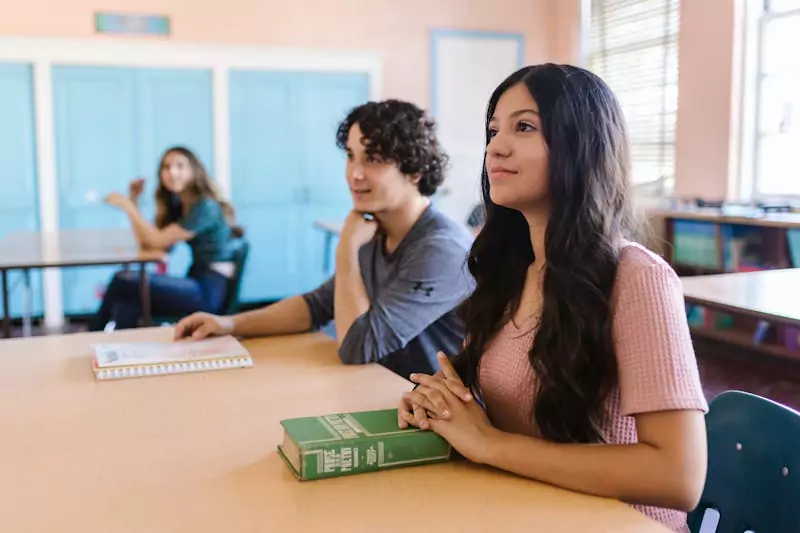Bali Today, 27 Juli 2025 – As Bali celebrates its vibrant culture and booming tourism, a darker reality looms: the island is not immune to Indonesia’s staggering child violence crisis. Recent data from Save the Children Indonesia reveals that 1 in 3 Indonesian children experience violence—physical, verbal, or sexual—with Bali’s cases often underreported due to cultural stigma.
The National Picture: A Wake-Up Call
-
28,831 cases of violence against children were recorded in 2024 by Indonesia’s Ministry of Women’s Empowerment and Child Protection (KemenPPPA).
-
53% occurred in households, with sexual violence as the most prevalent form.
-
Schools are not safe havens: 35% of 114 school violence cases documented by the Indonesian Child Protection Commission (KPAI) occurred on campus, while toilets—often neglected and unsupervised—are hotspots for abuse.
Bali’s Unique Challenges
While Bali’s tight-knit communities foster collective child-rearing (“ngayah”), the island’s rapid urbanization and tourism-driven economy have strained traditional safeguards. Key issues include:
-
Underreported Cases: Fear of shaming families (“malu”) silences victims.
-
Tourism’s Dark Side: Street children in Kuta and Denpasar face exploitation.
-
School Safety Gaps: Many Balinese schools lack trained counselors and child-friendly sanitation facilities.
Local Solutions, Global Lessons
Bali is responding with innovative measures:
-
“Sekolah Ramah Anak” (Child-Friendly Schools): Piloted in Gianyar, these schools integrate trauma-informed training for teachers.
-
Community-Based Surveillance: Village councils (“banjars”) now include child protection modules in monthly meetings.
-
Tourism Sector Accountability: Hotels in Ubud and Nusa Dua partner with NGOs like Yayasan Bali Hati to identify and report exploitation.
“Child protection in Bali requires gotong royong (collective effort),” says Putu Widiastuti, a child rights activist in Denpasar. “From stricter enforcement of Indonesia’s *Child Protection Law (No. 35/2014)* to tourists reporting suspicious behavior—everyone has a role.”
As Bali’s Hindu communities prepare for Galungan, a time of spiritual renewal, advocates urge a parallel commitment to shielding children. The island’s future depends on it.
By Giostanoavlatto






